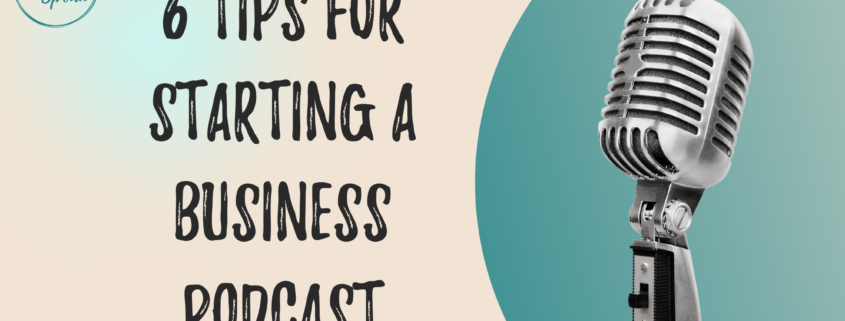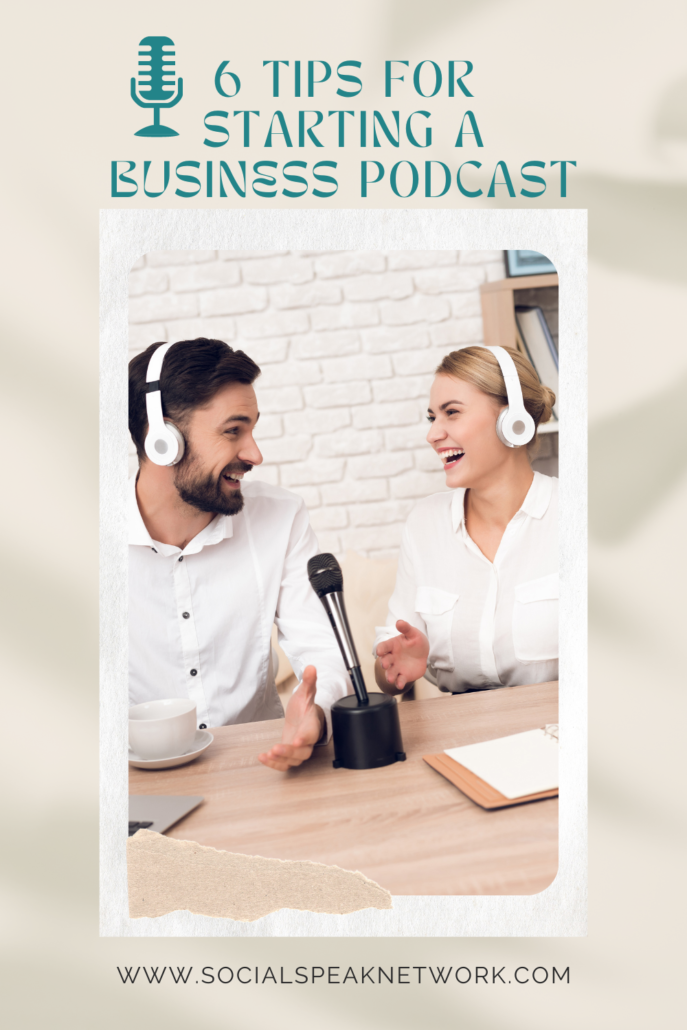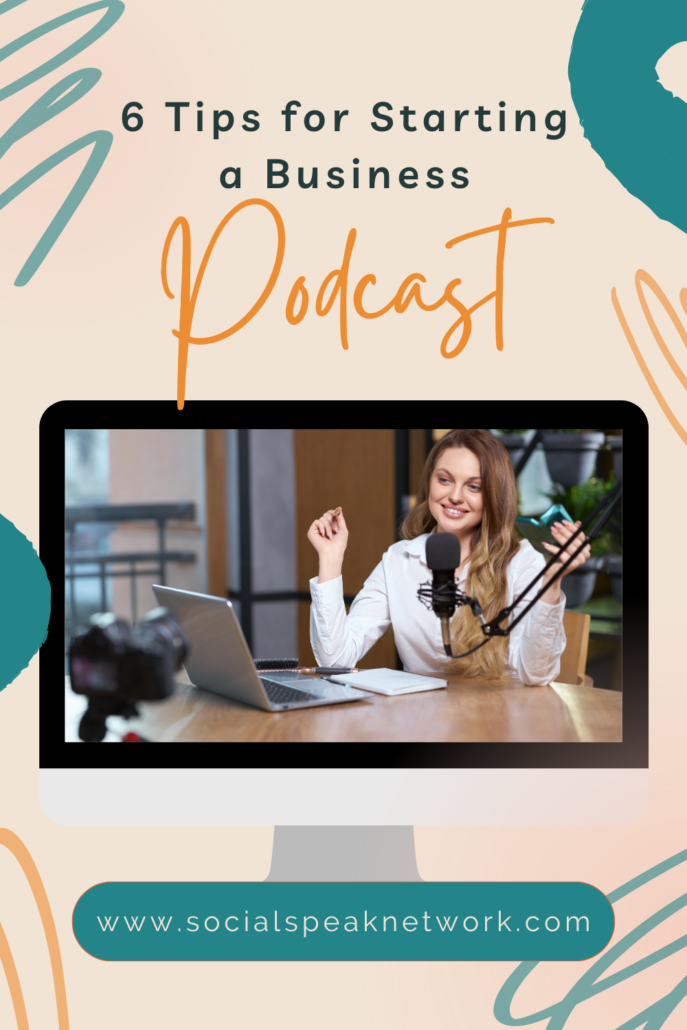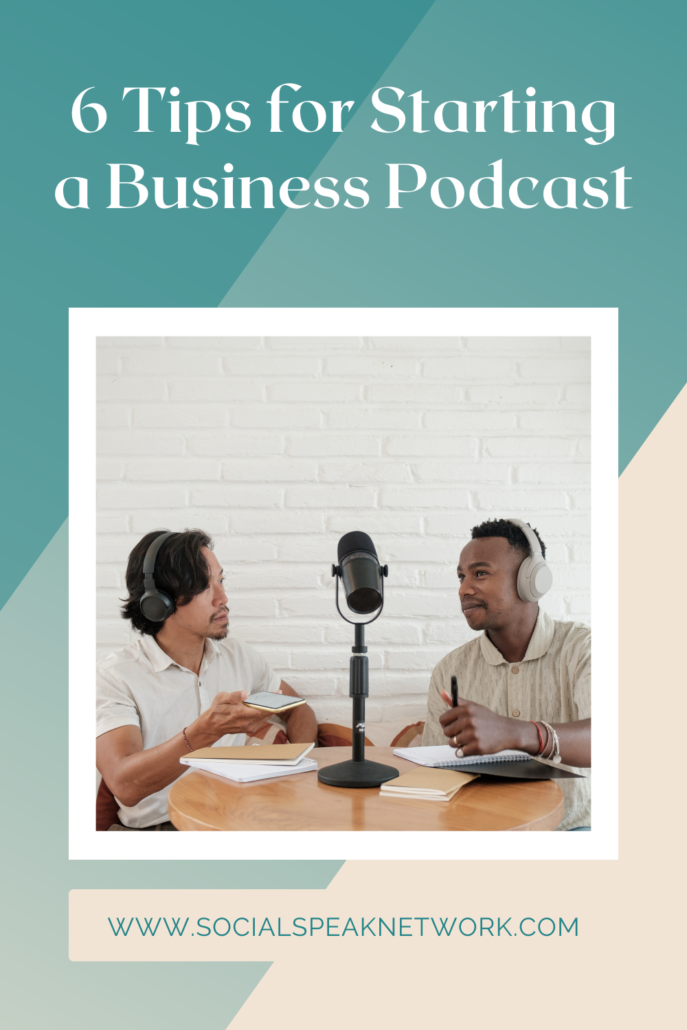I’m sure many of you already listen to podcasts daily or weekly. Some people listen to podcasts to make long commutes more bearable. Others see it as a way to stimulate their brain while waiting to see their doctor or motivate them while working out.
Podcasts are engaging, full of information, and convenient for listeners. That’s why podcasts have grown in popularity over the years. And the trend isn’t showing any signs of slowing down any time soon. In fact, studies suggest that 80 million Americans listen to podcasts every week. Even better, 26% of them are college graduates with a higher income bracket.
If you’re looking for a way to capture your audience’s attention, build brand awareness, and add value to your listener base, you might consider hopping on the podcast train.
Here are six tips for starting a business podcast.
Create an ideal listener avatar
For most people, the goal of starting a podcast is to spark conversation about a topic you’re passionate about. It would be impossible to do that if you have no idea who you’re trying to reach.
Now, sit down and imagine what your ideal listener looks like. Be as detailed as possible. List important details such as age, interests, level of education, passion, etc.
This simple exercise will help you decide what topics to cover on your podcasts and ensure they are tailored to your audience. Remember, your listeners need to gain something from each episode.
Choose a name
Now that you’ve identified your audience and probably have some ideas about the topics you’d focus on, it’s time to name your podcast.
The name you choose should give some indication of what your podcast is about. Now, consider the topics you’ll cover for your episodes and use them as a guide in naming your podcast.
Your podcast name should be catchy, concise, and enticing enough to capture your audience’s attention. Try to keep it as short as possible. Why? Because it’s easier to remember and say out loud.
Set up your equipment
You don’t need a professional studio with fancy equipment to start a podcast. All you need is a laptop, a microphone, headphones, and recording software.
For instance, a poor-quality mic will produce poor audio that will make your podcast seem amateurish. So if you’re serious about podcasting and have the budget, we highly recommend investing in your equipment. A condenser microphone and a pop filter can make a huge difference.
Invite guests to your podcast
Let’s face it. It isn’t easy to convince people to listen to your podcast, especially when you’re just starting out. So how do you make it easier? By inviting guests and interviewing them. If possible, get on their programs too.
This is a great way to market yourself and your podcast, attract listeners, and make waves within your industry.
When choosing guests for your podcast, find someone who already has a solid following and has the same listener avatar as you. If they liked your episode, they would likely come back for more. Now, the only thing you’ll need to do is to keep talking about a topic you’re passionate about and share your knowledge with your listeners.
Build a backlog of episodes
Some listeners aren’t convinced to subscribe after listening to just one episode. But some people would consume several episodes in one afternoon. That said, it is best to have at least three episodes in your backlog before you launch.
We understand that developing ideas for your podcast episodes can be challenging. But the last thing you want is to launch your first episode and then have no plan for the succeeding episodes.
Without new episodes to explore, listeners are less likely to be invested in your podcast and will probably forget about you.
Promote your podcast
You’ve already spent time listing topics and recording and editing your podcast, so why not repurpose your content and share them across multiple social media platforms?
Remember, though, that people expect different types of content for each platform. So make sure that you customize your content for each platform. For instance, if you record a video while podcasting, you can share it on Youtube. Or you can cut it into clips and share it on Facebook.
You can also reach out to other podcasters and ask to set up a cross-promotion. Or you can pitch yourself as a guest on their podcast.
Final thoughts
If you’ve been thinking of starting a podcast for some time now, we encourage you to create one today.
Incorporating podcasts into your digital marketing strategy will help you cultivate a community of loyal listeners and position yourself as a thought leader in your industry.







